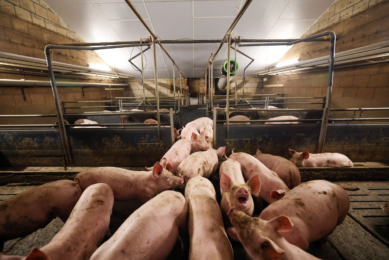EFSA concludes beef hormone review

EFSA was asked by the European Commission (EC) to assess any new scientific evidence that emerged since the last risk assessment in 2002* relating to the use of certain natural and synthetic growth promoting hormones (GPH) in cattle.
Chain (CONTAM) concluded that there are no grounds to call for
revision of previous risk assessments.
GPH residues in
meat
The Panel concluded that whilst more sensitive analytical
techniques have been developed to identify and quantify the presence of GPH,
these techniques have not been widely used. Hence there is a lack of data on the
type and amount of GPH residues in meat and the correlation between eating red
meat and certain hormone-dependent cancers. Consequently the Panel concluded
that there are no grounds to call for revision of the previous risk assessments.
Call for new data
However, the Panel also noted that
new data indicated an association between the large-scale beef cattle production
using hormones, and undesirable effects in wild fish species living in rivers
that are exposed to waste water originating from these farms. EFSA made a call
for any new data on the issue and the Panel used the submitted data together
with data published in the scientific literature for its opinion. This opinion will now inform any future thinking by the EC and
Member States in relation to restrictions on the use of these hormones in
cattle.
Forbidden in Europe
Growth promoting hormones
are used to increase the weight gain of cattle. However, they are not permitted
in Europe because of concerns about possible health risks from residues in the
meat and other edible parts of these animals.
*The Scientific Committee of
Veterinary Measures Relating to Public Health´s (SCVPH) most recent conclusions,
in 2002, reaffirmed public health concerns about the large scale use of hormones
administered to cattle for growth promoting purposes. This risk assessment and
previous reports in 1999 and 2000 provided the scientific basis for community
legislation not allowing the use of hormones for growth promoting purposes in
the EU
Related website:
EFSA
To
receive the free animal feed newsletter click here











